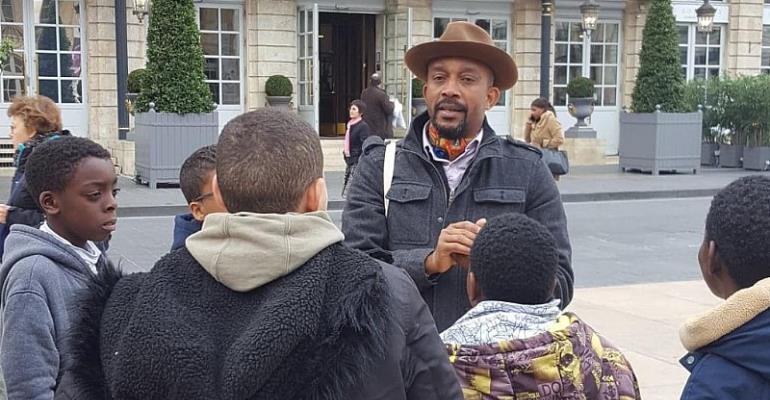
Black History Month is in full swing in Bordeaux, where throughout February the city, more renowned for its wine than slavery past, takes the lead in celebrating black achievement and resilience. It is part an effort to grapple with the roots of the wealth of the city, which was France's second largest port of the African slave trade.
The first thing that strikes a visitor to Bordeaux is wine. Arrows indicating where to see or purchase the beverage are at every corner. Shops and tramlines leading to locations such as the "City of wine", leave little doubt.
The south-western port city is one of the most important wine regions in the country.
However, behind the veneer of stunning 18th century architecture and mansions is a sinister legacy, that Karfa Diallo, the founder of the memorial association Memoires et Partages, is determined not to forget.
"Bordeaux made part of its fortune from slavery," he tells a group of schoolchildren who have come to take part in his Bordeaux Nègre tour of the sights linked to the slave trade.
“There's one!” he exclaims, as he points to a giant tower of bricks that was once a former prison for unruly slaves called Fort du Ha.
Shrouded behind green trees, the building which today is used as a court, shows barely any vestiges of its past. Few on the tour had even suspected it.
Roots of wealth
Yet between the 17th and 19th century, Bordeaux ship owners deported some 150,000 men, women and children from Africa, shipped them across the Atlantic and exchanged them in the Americas for sugar and tobacco.
"The roots of racism were sown by slavery," continues Diallo, blaming the widespread practice for creating a hierarchy between different races.
The founder, who is also the coordinator of this year's Black History Month, in its second edition, ventures to a stone figure of an African descendant, characterised by its large lips and nose.
"It is a mascaron," he explains, of the figure carved into the building of Bordeaux's former customs centre at Place de la Bourse, a large square overlooking the port where slave ships used to set sail.
"The mascaron was a mark of pride for slave owners," he says.
Although Bordeaux was the second largest entry port of the Atlantic trade behind Nantes, further north, "it was by far the largest slave port," comments Diallo, of Senegalese origin, who for two decades has campaigned for Bordeaux to come to terms with the roots of its wealth.
"Much of Bordeaux's wealth was acquired through the products made by slaves on plantations," he comments.
Scarce reminders
Saint-Domingue, which would later become Haiti, was supplied abundantly by Bordeaux ship owners, and was the central destination of the transatlantic slave trade.
The reminders that the city was so dependent on the slave trade for its wealth are scarce: one plaque (initially on the ground before being hoisted to ankle height), and a bust of Toussaint Louverture, the leader of Haiti's revolution, located at the entry of Bordeaux's botanical garden, well away from the main tourist hotspots.
Elsewhere, occupying a corner of the city museum on the first floor is an exhibition tracing Bordeaux's involvement in the slave trade.
Yet all around, the symbols of the trade are present, including 22 streets that carry the name of former slave owners, says Diallo, pointing to Saige street, in tribute to Bordeaux's first mayor.
"Do you think it is normal to celebrate men that trafficked slaves?" he asks his young audience, on this bright, blustery Tuesday lunchtime.
"It is like me celebrating [Adolf] Hitler!"
Racism, discrimination
Diallo stops short of calling for the streets to be renamed , saying this would "erase history", instead he calls for an accompanying statement to "put the street into context".
At the end of the tour, culminating at Place des Quinconces, the largest square in Bordeaux that used to welcome human zoos where blacks were paraded for all to see, Diallo asks his young audience to summarise what they've learned.
One student, Ilyan, says it is the legacy of discrimination that most struck him.
"I didn't know Bordeaux in this context. It taught me a lot. Blacks were discriminated by other blacks, Arabs and Europeans. There was a lot of racism.
"But black people are just like us," he says. They are human beings."




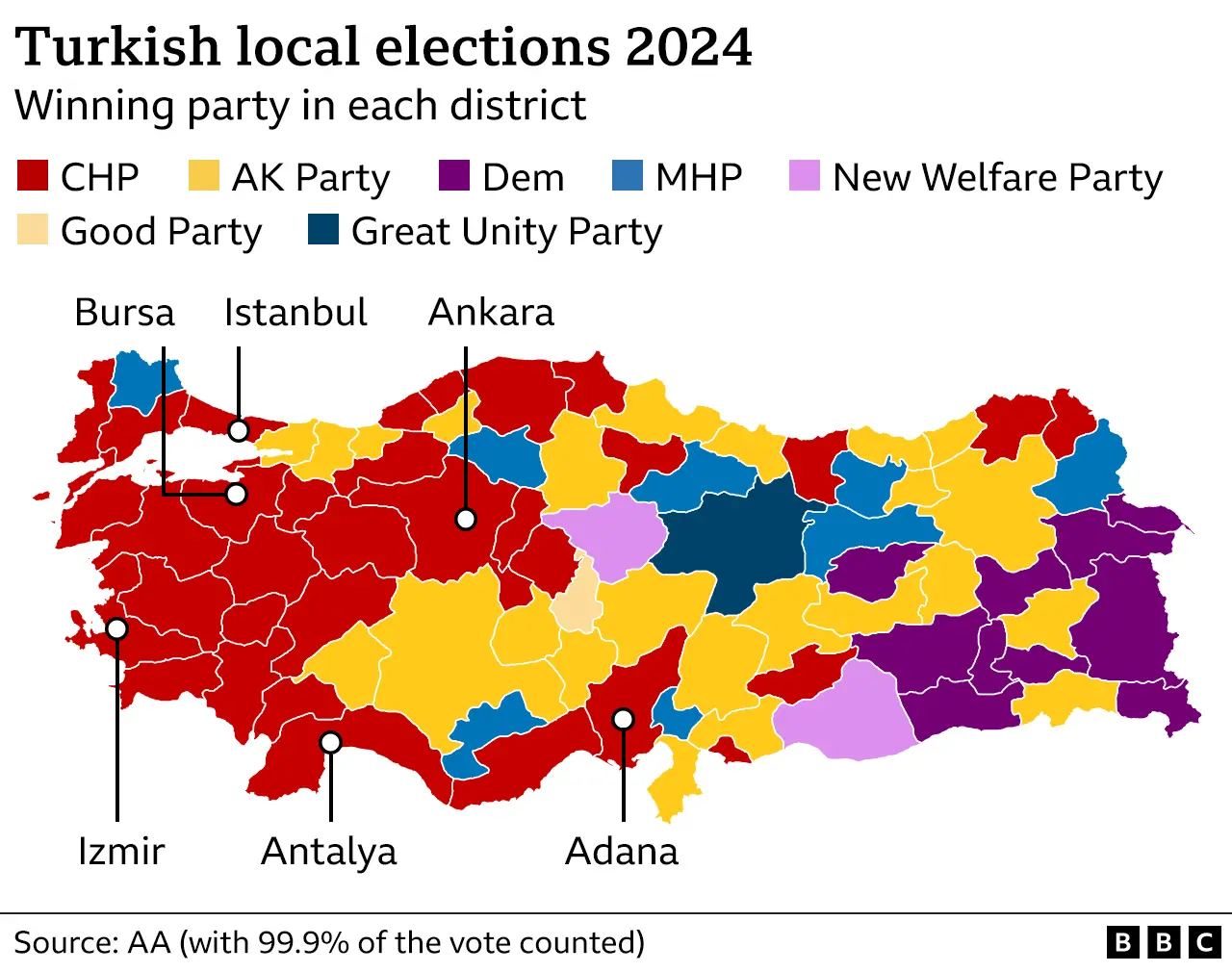
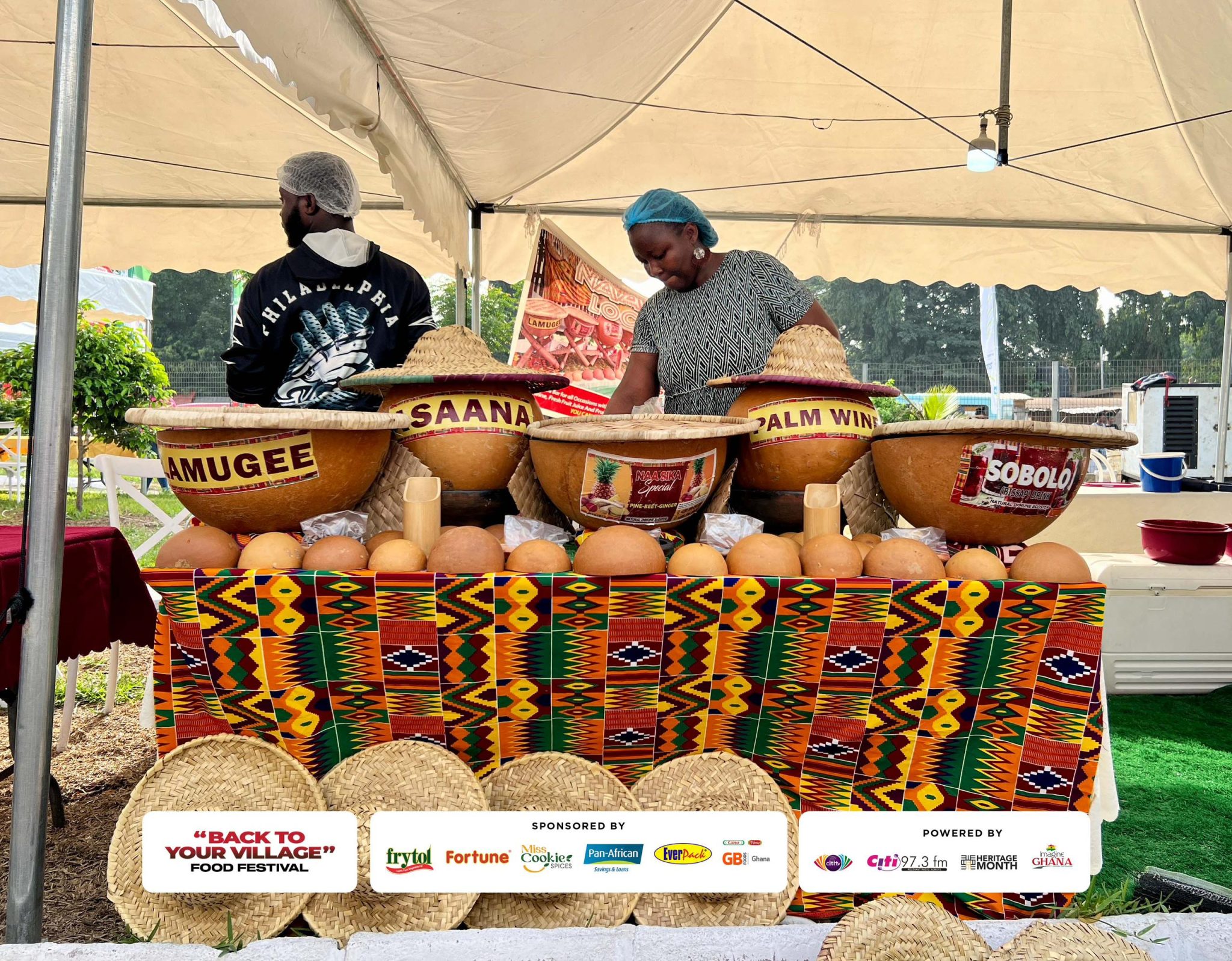


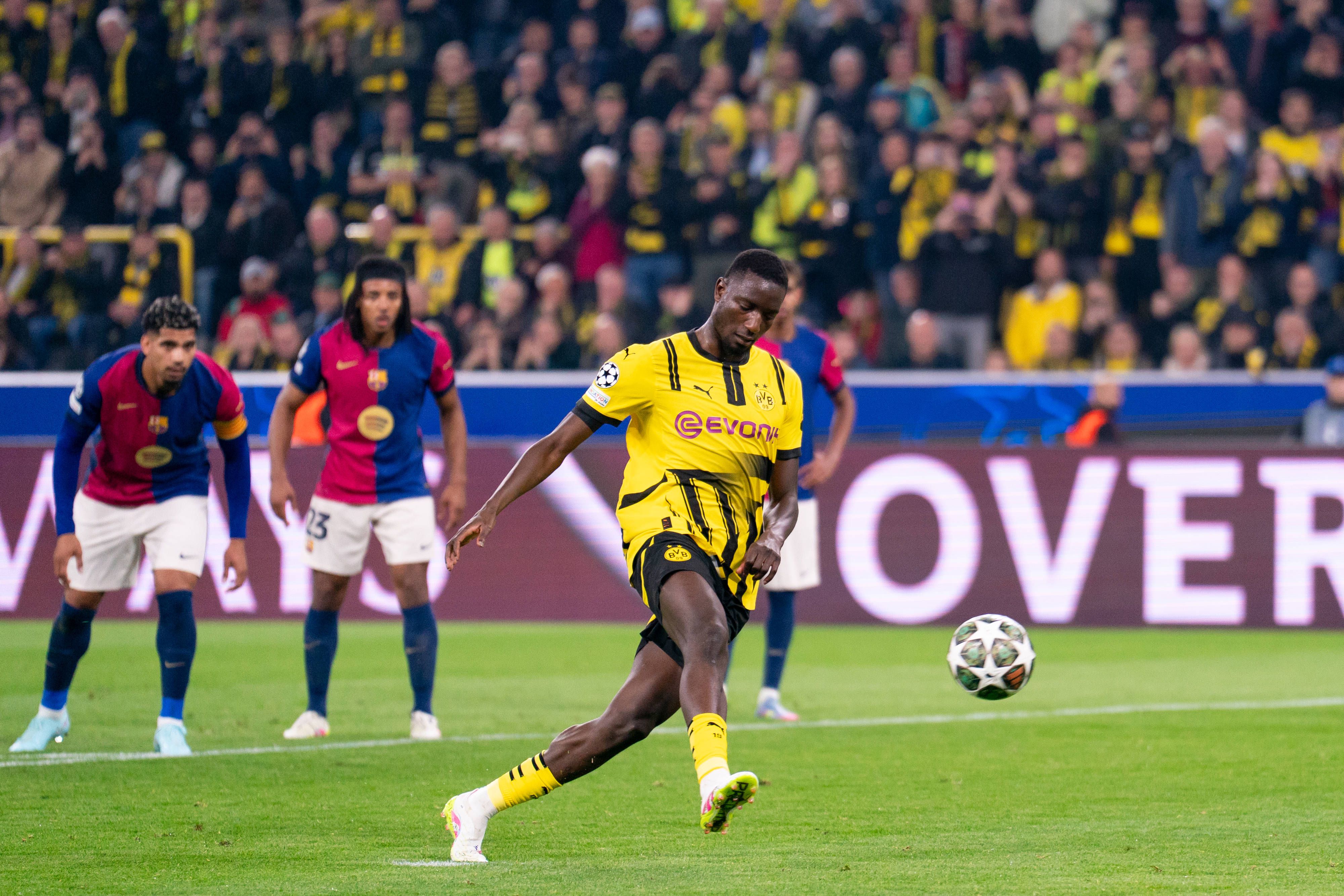
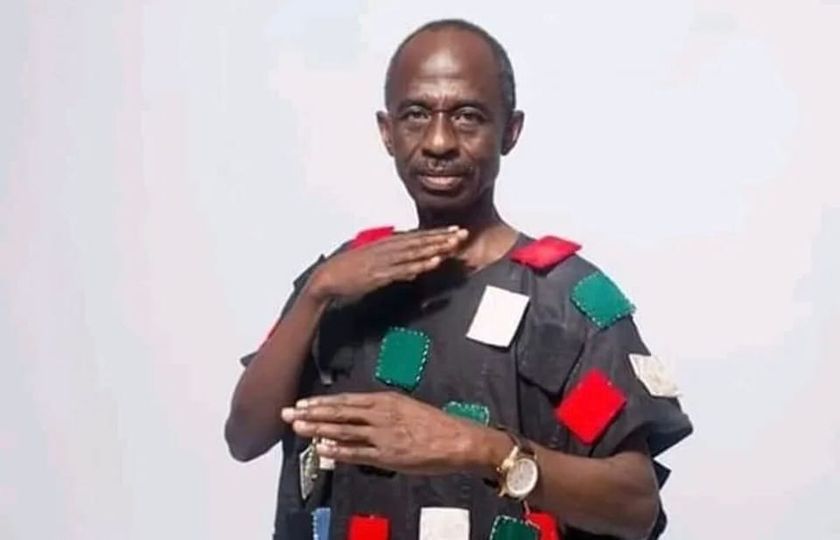


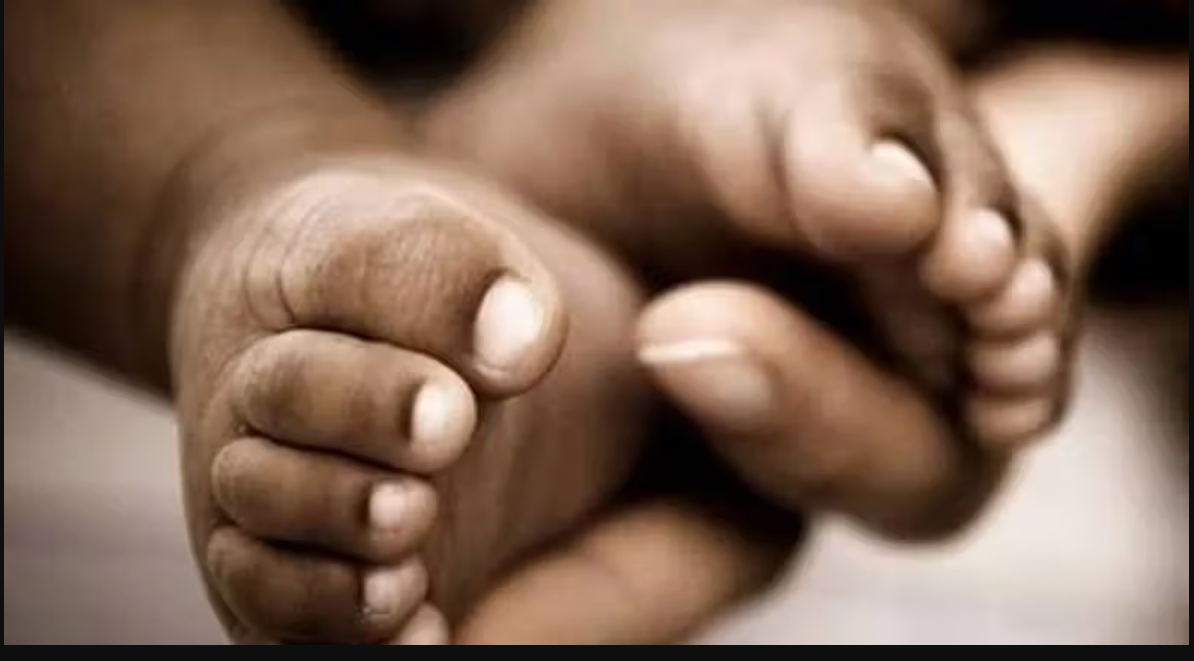

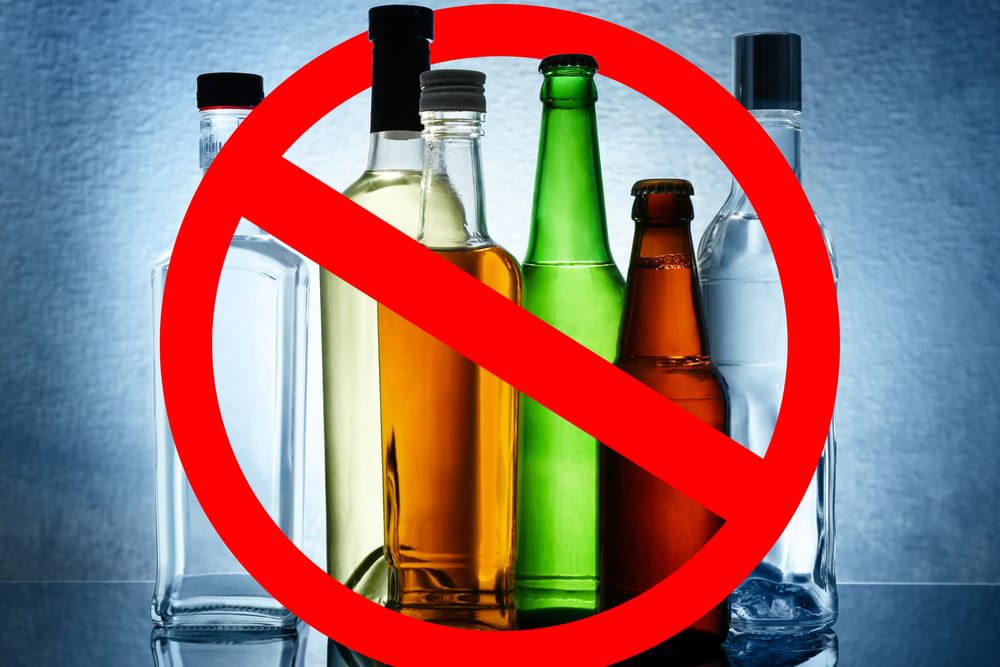





Facebook
Twitter
Pinterest
Instagram
Google+
YouTube
LinkedIn
RSS